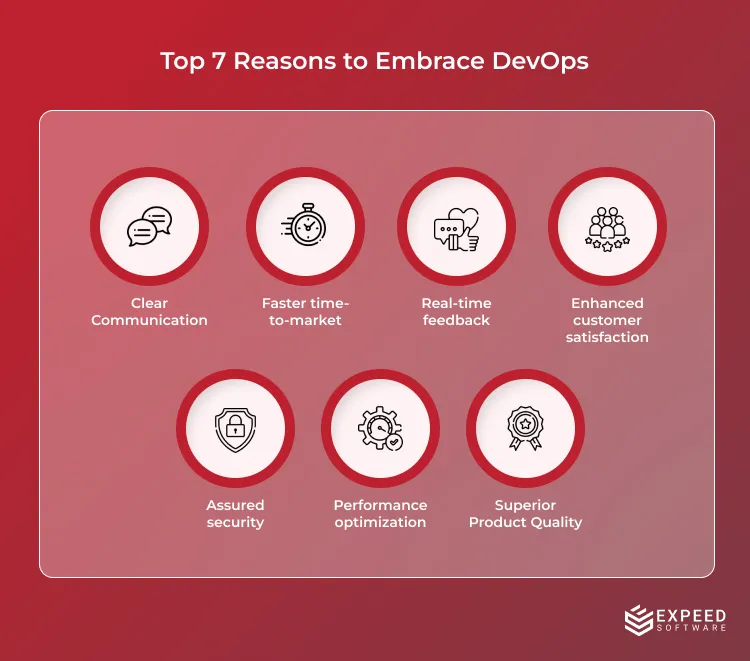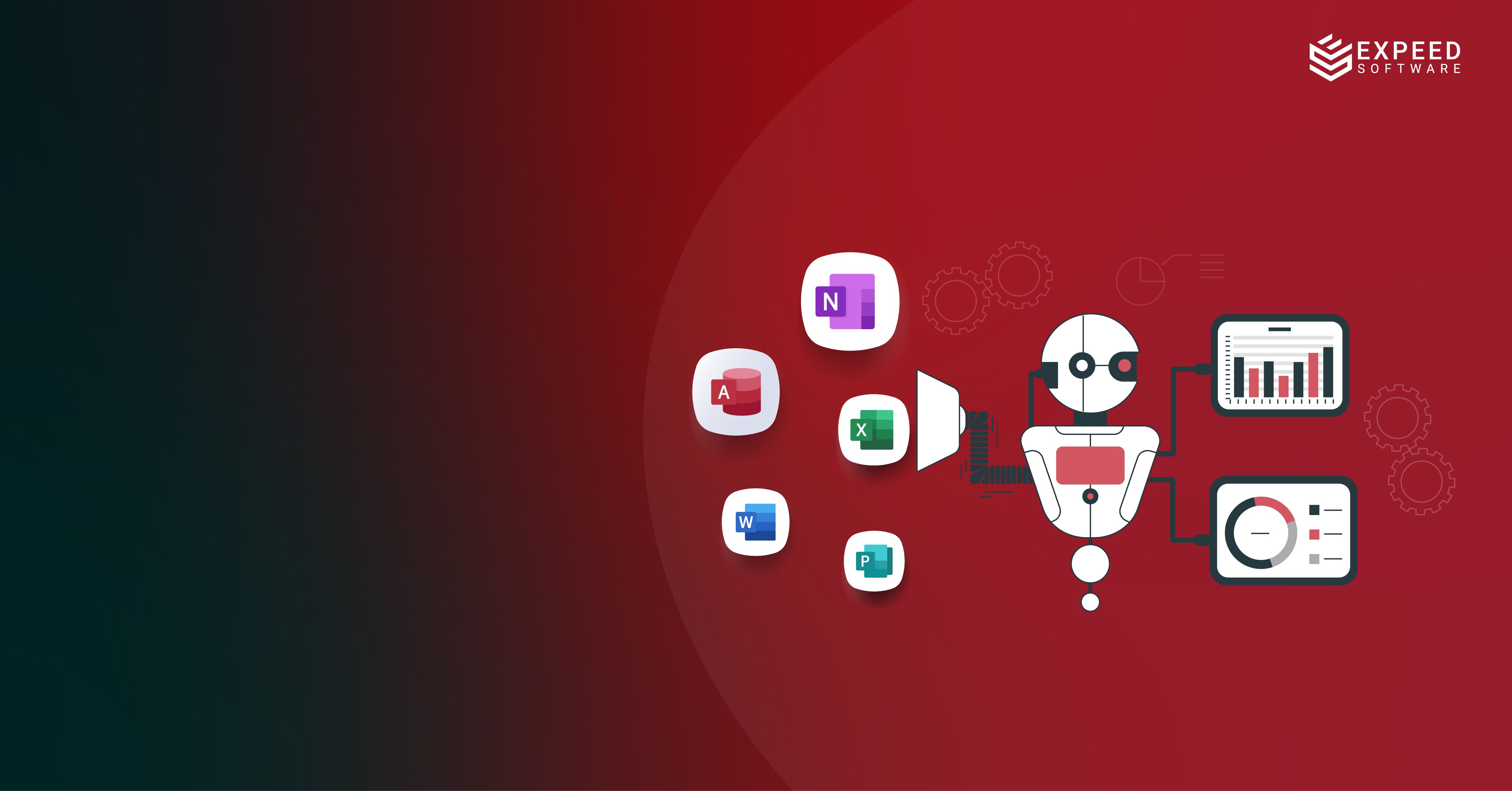The Need for DevOps
The process of web app development is subjected to constant updates and innovations. From the programming languages being used to the devices that the apps are deployed to, the world of technology demands web app development companies to stay updated, and deliver the latest solutions to the users.
The need to update processes regularly disrupts existing operations and workflows, making it sometimes difficult for businesses to deliver web apps that are not only advanced but also cost-efficient.
It was in an attempt to remedy this and some other development workflow optimization concerns that IT consultant Patrick Debois came up with the DevOps approach, short for Development and Operations. Also known as the godfather of DevOps, Debois realized that more often than not the development and operations teams were not able to work together in harmony, and many times this led to rifts in their associations thereby impacting the quality of the work.
Today, DevOps is one of the most popularly adopted development approaches in big application development companies. It is a tried and tested method that has been vouched as successful by users, developers, and experts alike.
In this article, we try to understand what DevOps is, how it works, and more importantly why it works so well with web app development companies.
What is DevOps?
First things first, let’s break down the definition of DevOps. In textbook terms, it is a process or methodology that is used in software development that tries to improve the collaboration between the development team and the IT operations team. It is represented as an infinity loop that shows continuity in collaboration and iterative development through its entire lifecycle.
It has been founded on concepts like automation, continuous integration, continuous delivery/deployment (CI/CD), and infrastructure as code (IaC). The idea is to streamline the different stages of the development process and marry it to IT operations in order to deliver high-quality software in a timely and cost-effective manner.
How does DevOps impact Web App Development

Ask any IT project manager about the productivity enhancement that DevOps has brought to their organization and you will see them light up with enthusiasm. Most web app companies that have adopted DevOps practices have seen improved collaboration and teamwork efficiency, shorter go-to-market periods, and fewer production incidents. From automating mind-numbing repetitive tasks and reducing chances of human error to offering reliable and consistent deployment environments, embracing a DevOps methodology makes organizations more agile, efficient, and responsive to evolving user needs and market demands.
Let’s take a closer look at how these principles are helping software development teams.
Creating a Channel for Communication & Clarity
Clear collaboration and frequent communication among the development and IT operation teams for web app development projects are key for successful implementation. In the absence of this, work may delay or even come to a complete halt. DevOps solves this issue by ensuring that the teams involved share common goals and responsibilities so that there is room for open communication, leading to efficient and reliable delivery of the end product.
Leveraging Cross-functional Skills
Cross-functional teams involving developers, as well as people from operations, were never a reality until the advent of DevOps. This methodology involving cross-functional teams made sure that the web app development process is quicker and more efficient involving shared knowledge and perspectives that leads to the delivery of high-quality software.
Integration and Deployment Continuity
Continuous integration and continuous deployment (CI/CD) is a practice that is an integral part of this process. This ensures that the whole process is automated and integration errors are detected early in the development cycle. This allows the codes to remain clean and functional. Continuous deployment happens immediately after the integration process. Here, codes are automatically deployed to the staging or production environments. The process of moving a new code from commit to production is automated, thus reducing downtime and making the release of the code faster.
Better with Real-time Feedback
Real-time feedback is another feature of the DevOps process that makes sure that the software is delivered quickly and on-time. Here, the feedback is used to make the necessary changes instantly at the end of each iteration or sprint before it is finally launched in the market. This way, the end software product is usually error-free and can be launched with hardly any bottlenecks.
User-centric Development Rules
The user is the king in the DevOps process, and hence there is hyperfocus given to their needs here. All activities are centered in such a way that the user’s needs and preferences are easily met. Also, the iterative process helps to deliver value to users in batches resulting from the real-time feedback process that clearly aligns with the user’s needs.
Breaking down silos
This process ensures that there is no wall between the developers and operations teams and that these teams do not work in silos anymore. This collaboration and communication ensure that feedback is made instantly, overcoming any kinds of guesswork that may exist. Here, both teams work closely so that the resulting software is delivered quickly and is of high quality.
Uncompromised Security
Security too is an ongoing process in DevOps and this means that security is setup at every stage of the development lifecycle of the software product. This kind of security functioning ensures that the software is resistant to all kinds of cyber threats. Here, security audits and code analysis are conducted frequently to protect the software from potential threats and vulnerabilities.
Performance Optimization
Performance monitoring on the go is the cornerstone of this methodology. This ensures that issues are identified and resolved instantly such that performance is tracked and improved. This kind of continuous monitoring ensures that the web application’s speed is optimized and the overall user experience is enhanced.
Choosing DevOps for Your Business
DevOps as a process has developed over the years as an approach that can deliver high-quality web applications in a short span of time compared to the time taken in the traditional software development lifecycles. It is the preferred approach adopted to develop products by most web app development companies due to its ease of approach and ability to deliver the product effectively and in an efficient manner.
So, if you or your company is on the fence about switching to a DevOps methodology, don’t think twice – it’s the right choice.
At Expeed, we’ve been champions of DevOps for many years now and have helped many clients of ours migrate their workflows and operations to this approach. Our DevOps specialist team has been instrumental in completing numerous projects and delivering them to clients efficiently and in a timely manner. Their proficiency in this process is our greatest strength ensuring that we complete our work perfectly and on time.
Check us out to understand how we leverage DevOps methodologies in our projects!

Expeed Software is a global software company specializing in application development, data analytics, digital transformation services, and user experience solutions. As an organization, we have worked with some of the largest companies in the world, helping them build custom software products, automate processes, drive digital transformation, and become more data-driven enterprises. Our focus is on delivering products and solutions that enhance efficiency, reduce costs, and offer scalability.


